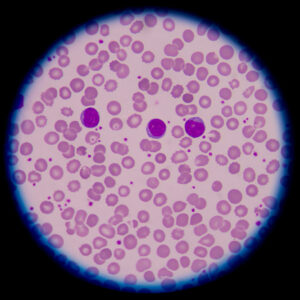
shopping
4 Budget Tablets Under $100 and 12 Premium Tablets in 2023
Tablets are similar to smartphones but with larger displays. Their sleek designs offer a more convenient alternative to bulky laptops. These devices provide a streaming video platform and uninterrupted internet access, enabling them to handle work or school-related tasks and play light games. For those looking for the best of both worlds, here’s a compiled list of the best tablets for under $100 and in the premium category in 2023. Budget tablets under $100 1. Amazon Fire HD 8 The Amazon Fire HD 8 tablet was released in 2022. It is designed to be a budget-friendly choice with some significant improvements. It has an 8-inch HD with 2GB RAM and 32 GB storage. One can enjoy movies and shows all day since the battery lasts up to 13 hours. This tablet also includes kid-friendly options with easy parental control. One can grab this for $99 at Amazon. 2. Lenovo Tab M8 Lenovo Tab M8 (3rd Gen) is an 8-inch tablet with 32GB of storage and 3GB of memory. It runs on Android 11 and has a high-definition display with a native resolution of 1280×800. The tablet is lightweight and has a 5MP rear-facing camera. It operates on WI-FI only and has an integrated speaker and a built-in microphone.












